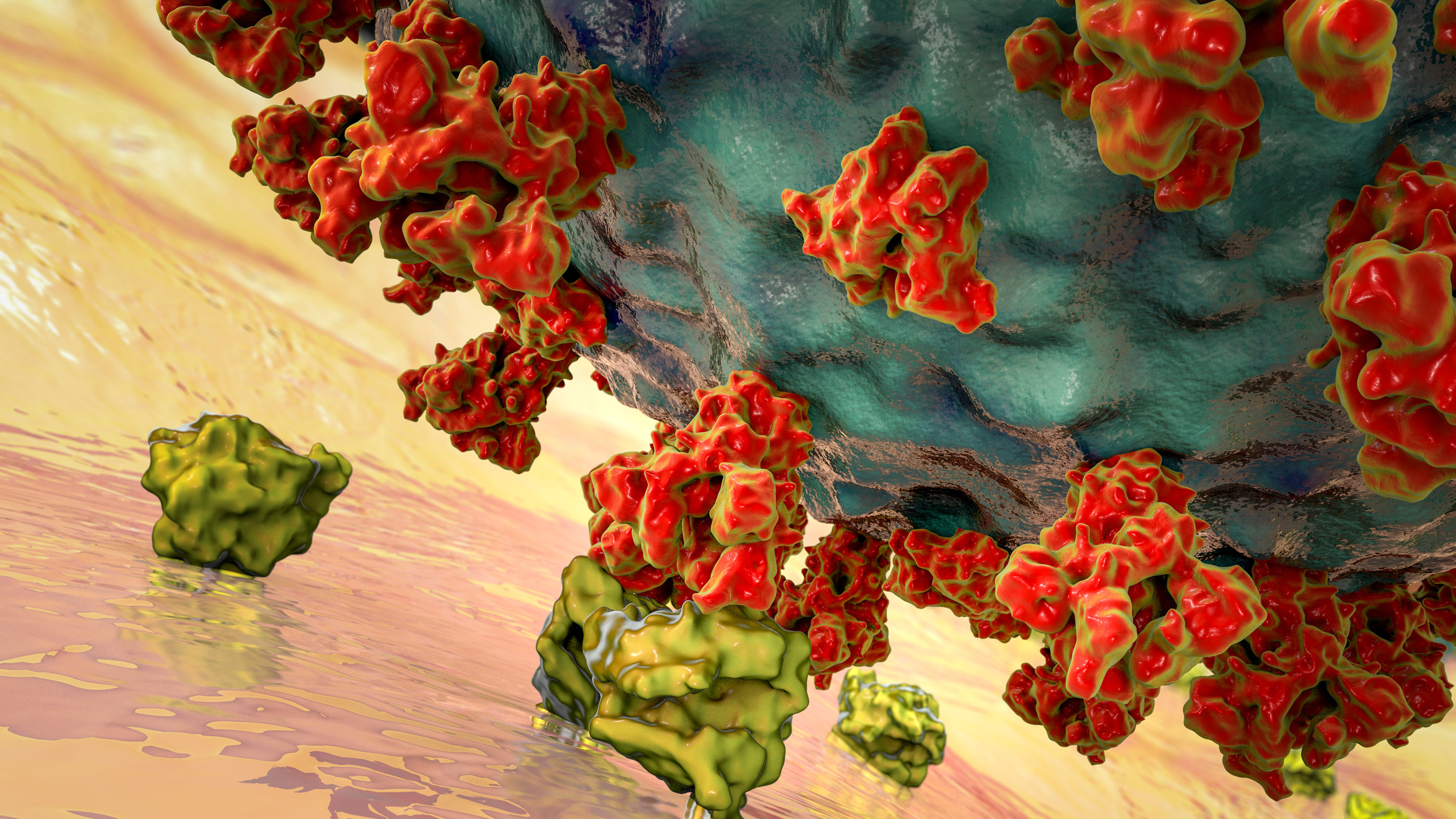A Genetic Study Confirms That Your Blood Type May Influence How Sick You Become From COVID-19.

It turns out that one’s blood type may influence the severity of COVID-19 symptoms, adding an unexpected twist to the body of knowledge about the virus that causes COVID-19, SARS-CoV-2. According to a study published last week in the journal PLOS Genetics, people with Type A blood are more likely to become seriously ill from COVID-19. Scientists screened over 3,000 blood proteins in the study to see which ones caused positive or negative COVID-19 outcomes. In this context, “severity” was defined as a COVID-19 case in which a patient required hospitalization and/or respiratory assistance — or resulted in the patient’s death.
By the end, the scientists had narrowed the list of potential protein suspects to just over a dozen — one of which happens to be a protein that determines your blood type.”Our study does not link precise blood group with risk of severe COVID-19, but because previous research has found that the proportion of people who are group A is higher in COVID-19 positive individuals, this suggests that blood group A is a more likely candidate for follow-up studies,” co-last author Christopher Hübel from King’s College London told New Atlas.
This is not to say that people with Type A blood should be concerned. Other factors, such as obesity, age, and pre-existing immune diseases, are far more likely to make a person vulnerable to severe illness than blood type.

Nonetheless, doctors should be aware that blood type influences a patient’s prognosis. Furthermore, the findings have implications that go beyond the immediate question of blood type.”What we’ve done in our study is provide a shortlist for the next stage of research,” said Gerome Breen of King’s College London, the study’s co-last author.
“We have narrowed it down to about 14 blood proteins that have some form of causal connection to the risk of severe COVID-19 and present a potentially important avenue for further research to better understand the mechanisms behind COVID-19 with the ultimate goal of developing new treatments but potentially also preventative therapies.
“In summary,” the authors wrote, “molecules that mediate the interaction between immune cells and blood vessels may be important in late-stage COVID-19 and moderate severity.
“This is not the first study to find a link between blood type and COVID-19 outcomes. Scientists had discovered a link as early as July 2020. In addition to assisting in the treatment of COVID-19, the blood type connection allows them to learn more about how human genes influence their ability to effectively combat this coronavirus.”What I found useful was assuming that there are some associations between blood type and Covid, death from Covid, or contracting the disease.
What mechanism could this be based on?” Last year, Michael N. Zietz of Columbia University Irving Medical Center’s Department of Biomedical Informatics told Salon. “A few positions within a specific gene determine blood type. It’s possible that there are some true variants within that gene that affect Covid susceptibility. We don’t know for certain that blood type is causal, but it’s an indication that something about this gene’s function is.”










